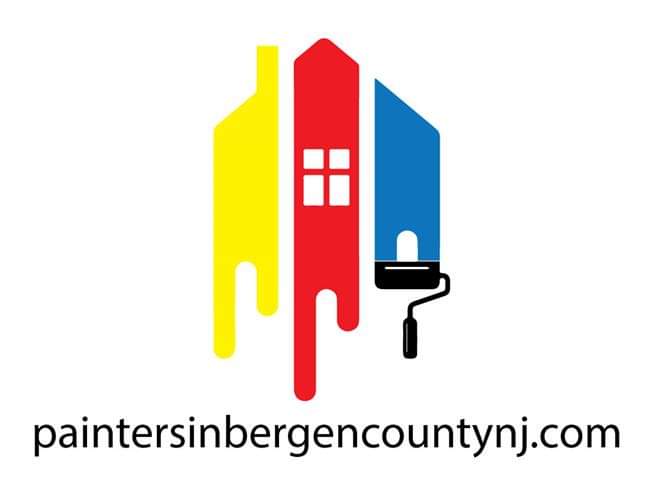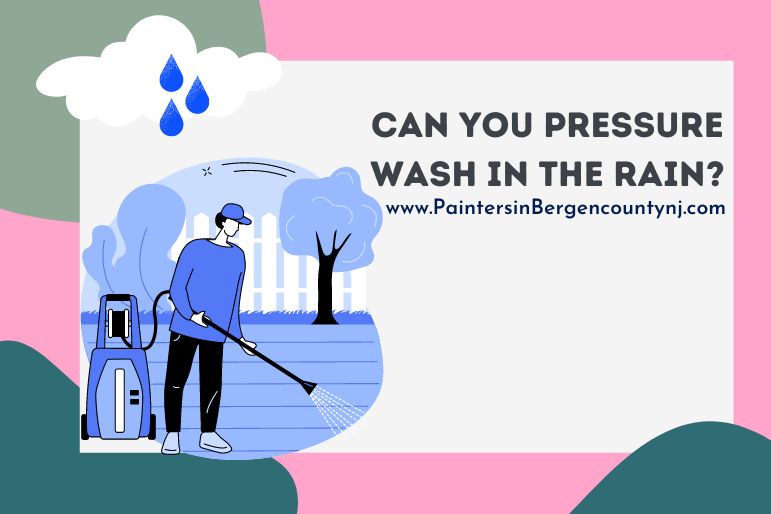If precipitation is occurring, you might be questioning the feasibility of pressure washing in the rain. Should you have concerns regarding the security of electric apparatuses or if the thought of your power washer getting damp worries you, then this article is worth reading. It provides useful guidelines to ensure your safety during power washing. Additionally, it shows ways to prevent your equipment from becoming wet. Lastly, always remember to verify the weather prediction before initiating any pressure washing activity.
Can You Pressure Wash In The Rain
You may be wondering, “Can you pressure wash in the rain?” The answer is “yes,” but there are certain precautions to take. First, you need to ensure that your power washing equipment is approved for use in the rain. You also need to learn the proper ways to maintain your equipment. And, if you’re using a brand-new power washer, you probably shouldn’t pressure wash in the rain.
While there are certain pressure washers that can be used in the rain, it’s best to avoid these machines completely. They may not be as powerful or effective as a gas-powered pressure washer, and they still contain an engine. Therefore, it may be a good idea to buy a gas-powered pressure washer and use it indoors in the rain. However, you should avoid using gas-powered pressure washers in the rain, as they can cause issues.
You should only pressure wash in the rain if you need to. Heavy rain can make exterior surfaces slippery and should be avoided altogether. Rain should never be used to pressure wash a pool. It can damage the surface and cause electrocution. You should also avoid pressure washing if you plan to use a sealant on the surface. You should consult a professional if you are unsure of the safest conditions.
Power Washing
There are several advantages of Power Washing in the rain. Overcast skies make it easier to see the areas you need to clean, and the rain helps soak up the detergents. Rain also slows down the drying process and makes visibility better. If you’re going to be Power Washing in the rain, you should consider rescheduling your appointment for certain weather conditions. Here are three of them. A few reasons why Power Washing in the rain is better than washing your car in the sun
When it comes to safety, power washing in the rain is no exception. While it is not necessarily dangerous, heavy rain and torrential downpours can make power washing a risky endeavor. Extreme weather conditions like tornadoes, snow, and hail can make the task even more dangerous. When choosing the right weather for power washing, consider these safety measures: Keep your tools dry and adjust your process to minimize the risk of an accident.
Electrical Equipment
When using electrical equipment for pressure washing in the rain, choosing the right type of enclosure is crucial. Electrical equipment must be resistant to both splashing and prolonged immersion in water. The National Electrical Manufacturers Association (NEMA) rates enclosures in three different levels, depending on the level of protection required. Temporary immersion in water is easier to manage than prolonged submersion. To prevent problems with your electrical equipment, you’ll want to choose a unit with the appropriate NEMA rating.
When power washing in the rain, you should take certain precautions. First, you should never use electrical equipment in standing water. If you don’t have an electrical outlet nearby, make sure the engine is completely dry. Additionally, look for UL-certified power washers. These tools have undergone extensive testing to ensure their safety and reliability. If you can’t find this label, look for a more modern unit that comes with UL-certified safety features.
Pressure Washer Wet
While you might wonder if it is safe to pressure wash in the rain, the answer is yes, but it should be done carefully. In fact, pressure washing is usually better than any other cleaning method because of its efficiency. Pressure washing removes the need to manually mix cleaning solutions, climb ladders, and scrub stubborn stains. Pressure washing is an excellent option as long as the weather is dry. In this article, you will learn about the best times to pressure wash and what to do in case of rain.
While it is important to be safe when power washing in the rain, you should always make sure the equipment you use is dry. It is also important to ensure that the engine of your power washing equipment is not exposed to standing water. Make sure you purchase equipment labeled with UL stickers to ensure that it has been thoroughly tested for safety. You should also be wary of pressure washers that don’t have this label.
Professional Power Washers
It is possible to pressure wash in the rain, but you should know a few things before you try it. First, the equipment must be properly maintained. Second, a power washer should only be used when it has been approved for rain. And third, rain is safer than hot or sunny weather. The rain also slows down the drying process. It is also easier to see areas. Finally, rain is also easier to see than the sun, which is good news for your safety.
Third, a power washer should be powerful enough to remove stubborn stains. Ideally, it has a high-pressure rating of at least 3000 PSI and a flow rate of 4 gallons per minute. Higher pressure is necessary to remove heavy tire-skid marks, but most power washer contractors agree that 3000 psi is adequate for most cleaning tasks. The highest GPM rating is 4000 GPM.
Overcast Or Rainy Days
The answer is yes, and for several reasons. First, the rain slows down the drying process of the cleaning detergent. Second, rain also provides better visibility, so you can see the area you’re cleaning without glaring sunlight. It also helps prevent soap circles and makes high-pressure cleaning safer. Third, rainy days are also good for your greenery. Finally, the rain allows you to get the job done in less time. Here’s why.
If you live in Sanford, you can pressure wash in the rain as long as it’s not too cold. Unfortunately, the majority of days are overcast. You can use the pressure washer on your patio to remove leaves and debris from it. In addition, you can use it to clean your roof. But, you shouldn’t pressure wash in the rain if you’re planning to seal the surface with chemicals. Rain may also damage the surface.
Most Pressure Washers
Most pressure washers are safe to use in the rain, but you should be aware that water can damage the internal components of these machines. While it may be tempting just to use the pressure washer when the weather is fine, you should know that water can damage the parts of the machine if you do not use proper safety precautions. Before using your pressure washer, read the user’s manual and the rating marks. You should follow any warnings in the manual before using the washer in the rain. Remember that if the machine malfunctions because of rain, you can’t sue the manufacturer and void your warranty.
You should also consider the amount of water required for the different types of pressure washers. Most models use two to four gallons of water per minute, and the total water consumption is between 120 and 240 gallons per hour. This amount is equivalent to a standard bathtub containing about 80 gallons of water. A standard bathtub holds 80 gallons, so that a one-hour cleaning job will use about the same amount of water.
References
https://www.bobvila.com/slideshow/9-things-you-should-never-clean-with-a-pressure-washer-579895
https://www.familyhandyman.com/list/things-you-should-never-pressure-wash/
https://sciencing.com/can-use-pressure-washer-rain-barrel-23963.html

